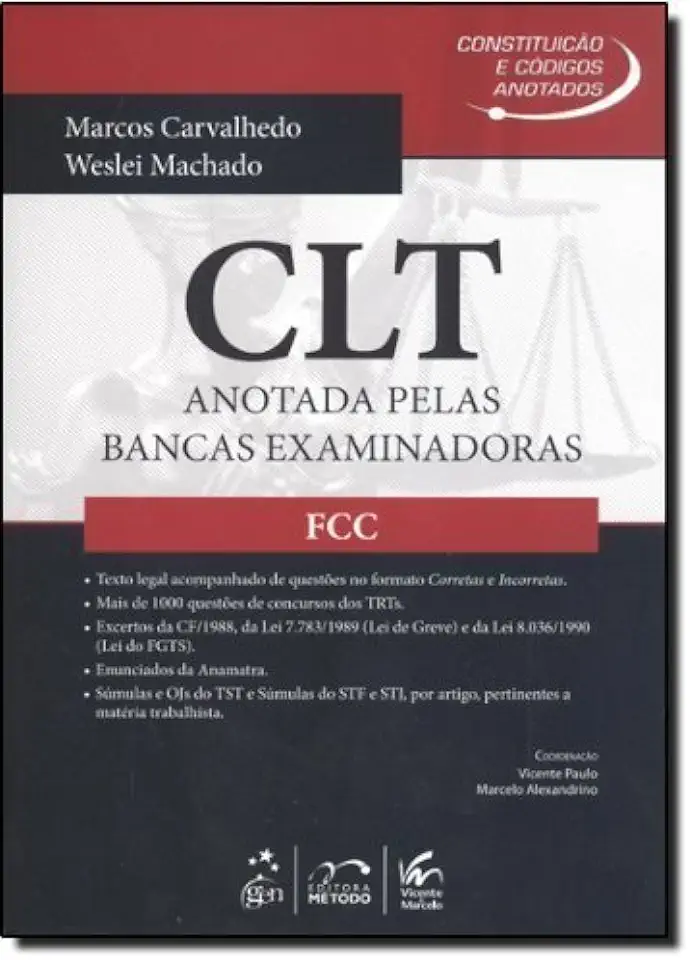
Political History of the Republic - José Roberto do Amaral Lapa
Political History of the Republic: A Comprehensive Overview
José Roberto do Amaral Lapa's "Political History of the Republic" is a comprehensive and engaging account of the political development of Brazil from the proclamation of the Republic in 1889 to the present day. Lapa's work is a must-read for anyone interested in understanding the complex political dynamics that have shaped Brazil's history.
A Nation in Transition
The book begins by examining the factors that led to the overthrow of the monarchy and the establishment of the Republic. Lapa argues that the Republic was not simply a product of military intervention, but rather the result of a broader social and political transformation that had been underway for several decades. He explores the rise of new social classes, the increasing influence of the military, and the growing dissatisfaction with the monarchy's authoritarian rule.
The Early Years of the Republic
The early years of the Republic were marked by instability and political turmoil. Lapa describes the challenges faced by the new government, including the consolidation of power, the establishment of a republican constitution, and the management of regional conflicts. He also examines the role of key political figures, such as Deodoro da Fonseca, Floriano Peixoto, and Prudente de Morais, in shaping the early development of the Republic.
The Rise of Populism
One of the most significant developments in Brazilian politics during the early 20th century was the rise of populism. Lapa explores the origins of populism in Brazil, tracing its roots to the social and economic changes that were taking place in the country at the time. He examines the rise of charismatic leaders, such as Getúlio Vargas, who were able to mobilize mass support by appealing to the needs and aspirations of the working class and the poor.
The Military and Politics
The military has played a significant role in Brazilian politics throughout the history of the Republic. Lapa examines the complex relationship between the military and civilian governments, exploring the factors that have led to military interventions and the impact of military rule on Brazilian society. He also discusses the role of the military in the overthrow of the Vargas regime and the establishment of the military dictatorship in 1964.
The Return to Democracy
The military dictatorship ended in 1985, and Brazil transitioned to a democratic government. Lapa examines the challenges faced by the new democratic government, including the economic crisis, the rise of social movements, and the impeachment of President Fernando Collor de Mello. He also discusses the political developments of the 1990s and 2000s, including the rise of the Workers' Party (PT) and the election of Luiz Inácio Lula da Silva as president.
A Valuable Resource for Understanding Brazil
"Political History of the Republic" is a valuable resource for anyone interested in understanding the political development of Brazil. Lapa's comprehensive and engaging account provides a deep understanding of the complex factors that have shaped Brazil's history. The book is a must-read for scholars, students, and anyone else interested in Brazilian politics.